Travel & Tourism has been waiting for the return of ITB, the largest travel industry trade show in the world. ITB just concluded in Berlin.
5500 exhibitors from 169 countries showcased its destinations and stakeholders at Messe Berlin this week, the largest fairground in the German Capital City Berlin.
For more than 50 years the name ITB has stood worldwide for industry knowledge, networking and trendsetting events. Every year in March the world of international tourism gathers at the largest travel trade show in the world- the ITB Berlin.
This was true until 2020, when COVID surprised the world and attacked travel and tourism.
As predicted in February 2020 first by eTurboNews ITB 2020 was cancelled. Many exhibitors lost substantial money invested due to the first major victory for the COVID-19 virus when it started its killing spree in Europe.
After almost 2 years of lock-downs and travel restrictions, the world was hoping in 2022 to meet again at IMEX in Berlin.
Messe Berlin cancelled ITB 2022 in December 2021.
Finally 2023 and from March 5-8, 2023 it was time for travel and tourism to meet again in Berlin. A global excitement made those that knew ITB to get on planes, trains and automobiles to travel to Berlin again.
It was exciting, but major elements were missing or had changed.
Instead of 5 days, ITB took place on only 3 days last week. The consumer part was left out and cancelled.
On day 3 most halls were empty already early afternoon, but the first day and a little less also day 2 were booming, vibrant and a “Wiedersehen” by tourism leaders.
When walking the halls, visitors got stuck at dead ends with some of the exhibition halls unoccupied.
Destinations such as Russia, North Korea and some others were missing, with Ukraine attending and admired. Politics and a war became a factor.
A mini version of a North American presence showed Americans ignored ITB in 2023 for the most part.
Those attending said they were glad to be back in Berlin.
Saudi Arabia attended the first time and shined like no other destination. The kingdom with its 2030 vision to replace oil dependency with tourism and other industries emerged from a new player to one of the most important leaders in travel and tourism during the 3 years ITB was cancelled, and COVID took over the industry.
The Saudi Tourism minister was the real star of ITB, but worked quietly in the background, with every attending minister eager to meet him.
Those that had been seen leading tourism throughout the COVID pandemic, such as Jamaica, Seychelles or African countries were busier than ever.
Awards remained popular and there were many opportunities to be praised during ITB.
MOU’s were signed, including the World Tourism Network MOU with SUNx Malta reaching out to the 40 least developed countries.
Georgia shined on the night before opening with a world class performance, a speech by the prime minister, and a proud Georgian UNWTO Secretary-General pitching to the world, Georgia is Europe for longer than any country. The message was that Georgia was ready to join the European Union.
A clear political agenda made the Georgians invest heavily in becoming the official host country for ITB, but facing the press by their leaders was not an option.


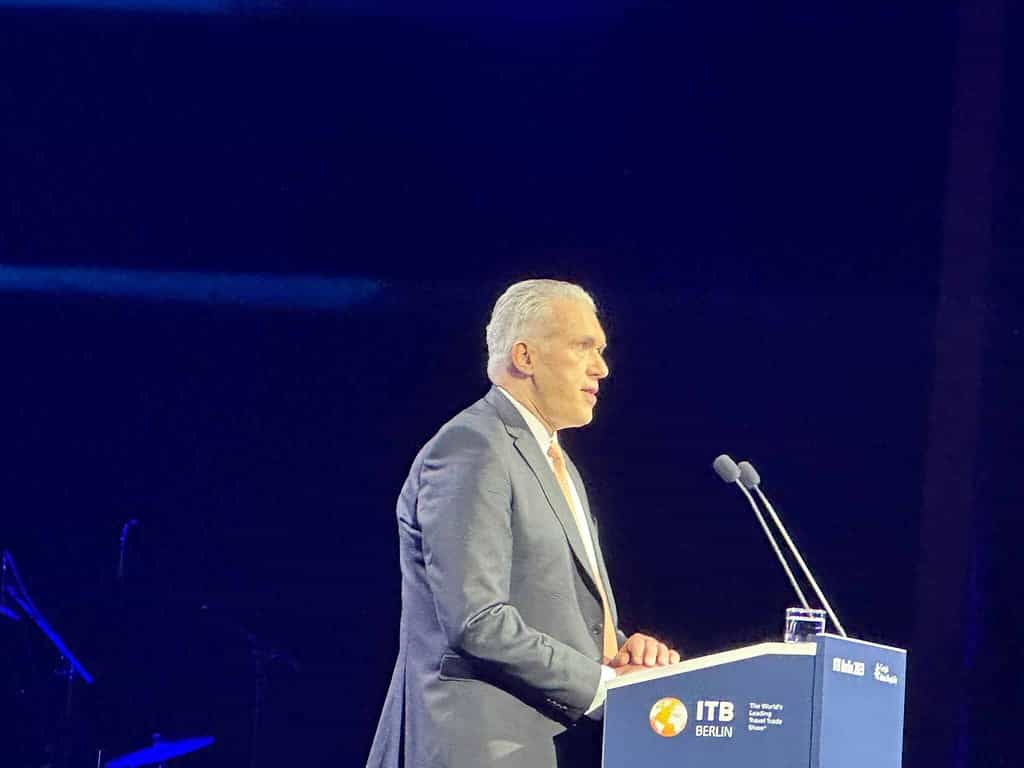
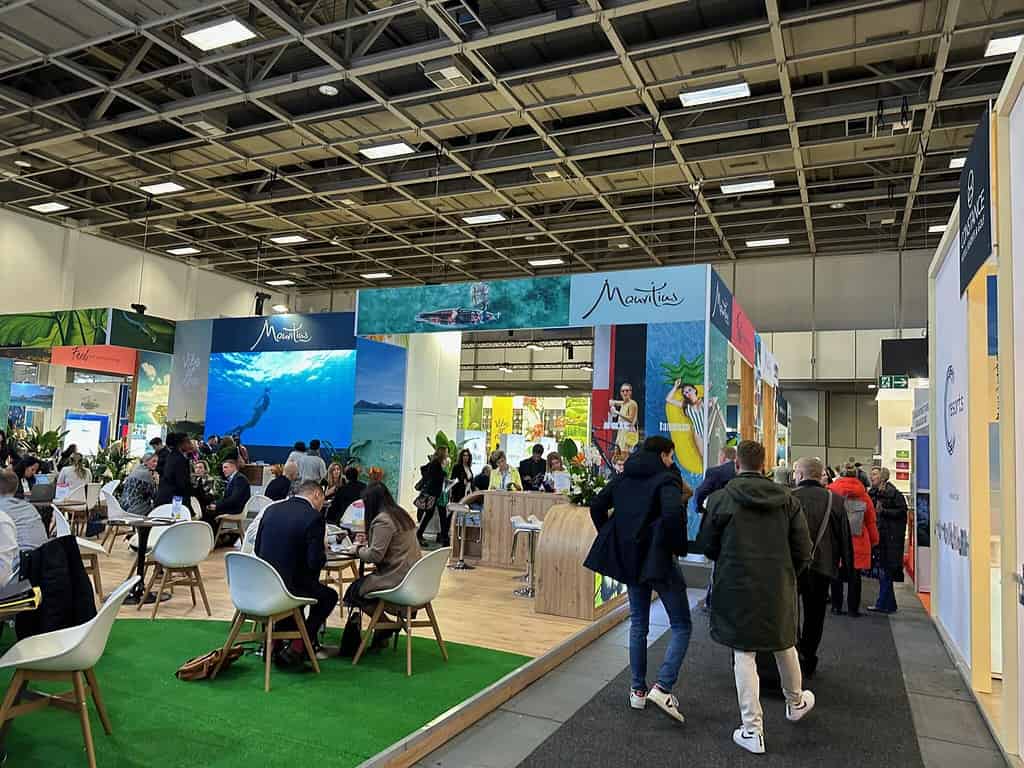

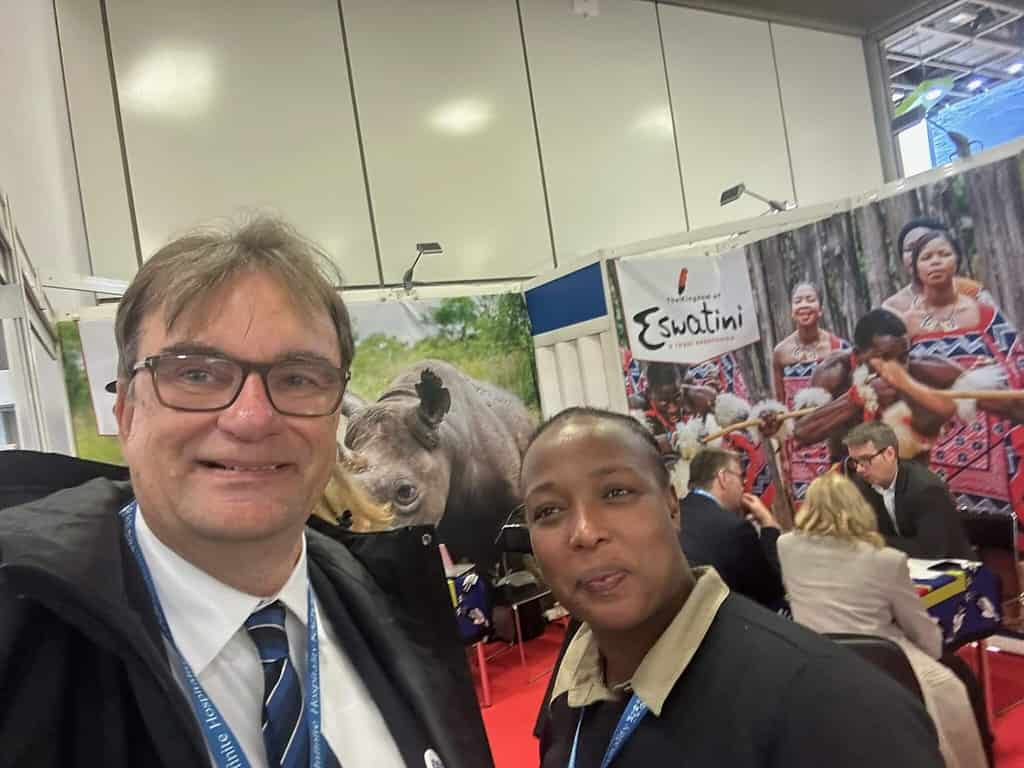



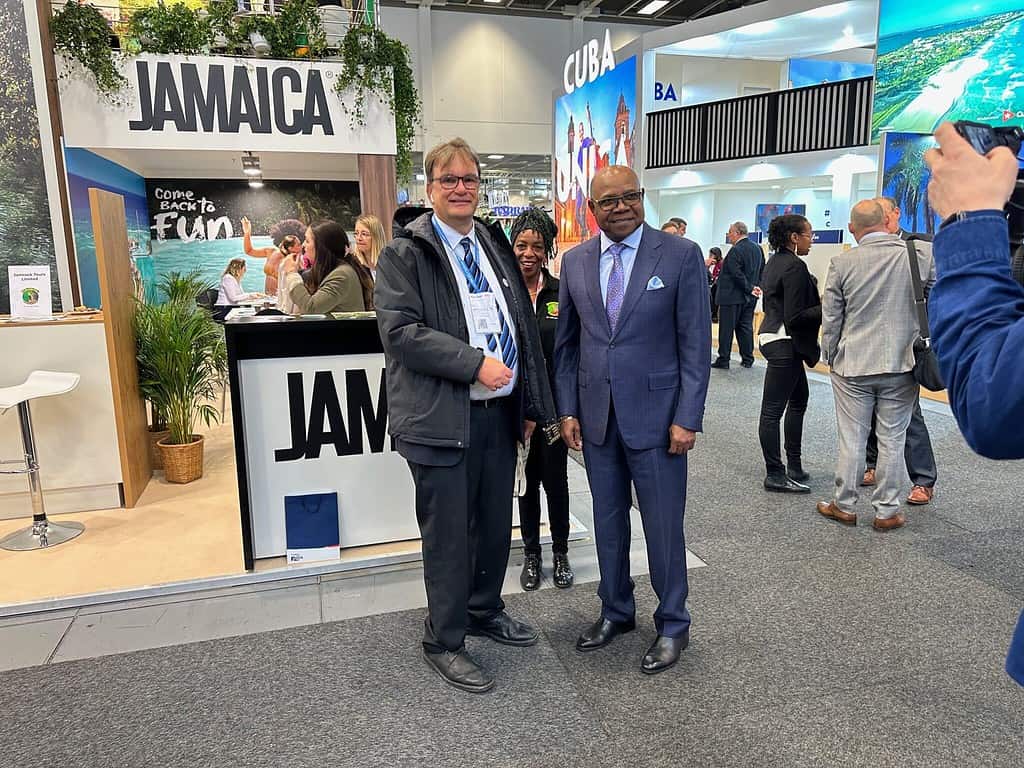
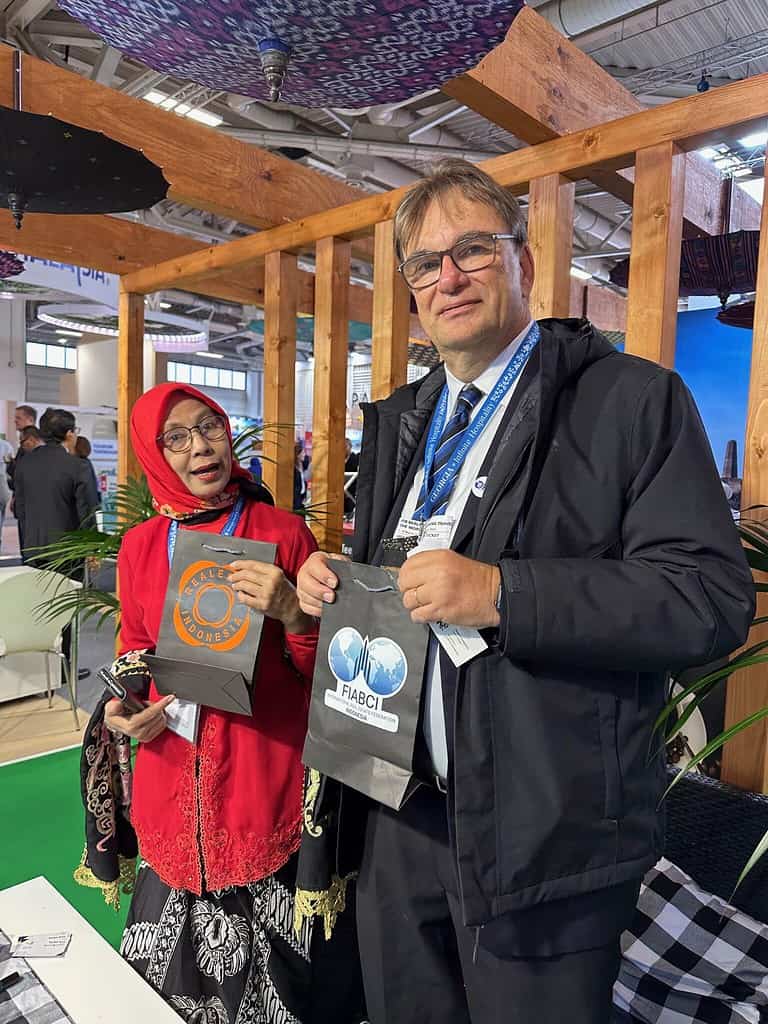



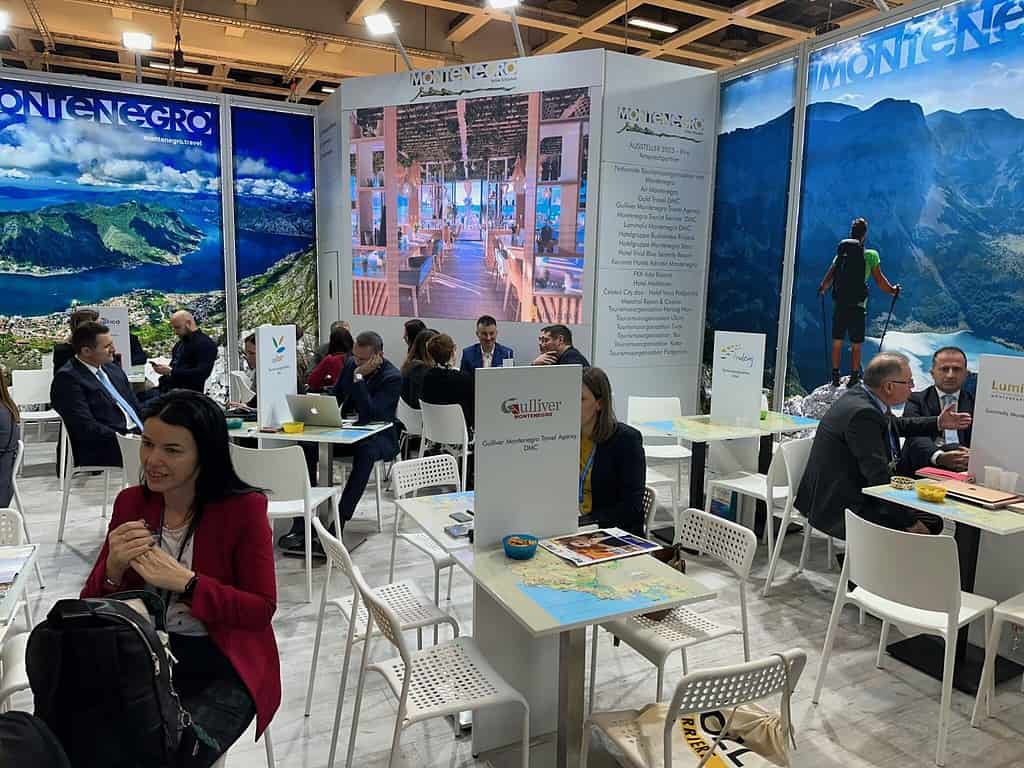







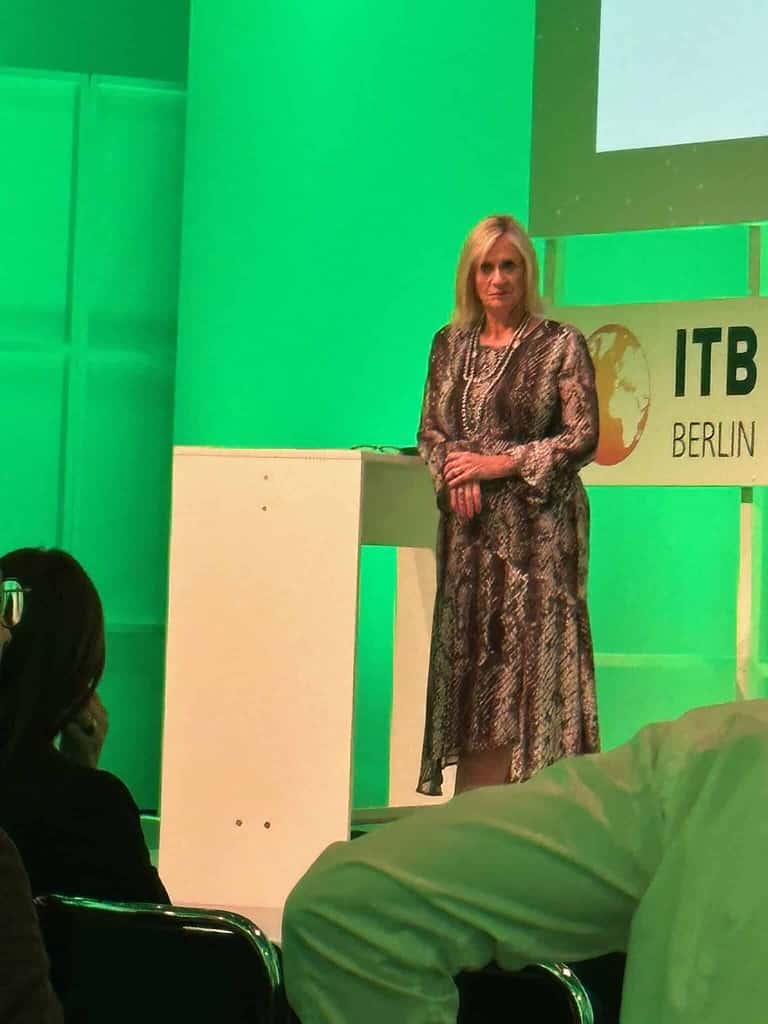

Too many questions would have made European style opening to media a risky exercise at an ITB event. International news reported about Georgia’s new limitation to foreign owned media. This was not a point the German chancellor wanted to notice when he confirmed that Georgia was 100% European. It was celebration and self praising time for the sponsor.
Strangely the Georgia party night at Panoramapunkt in Berlin served a lot of excellent Georgian wine, but the entertainment was Jazz and not the fun music visitors to Georgia would dance to in a local Georgian restaurant or bar.
Who was missing at the Georgia night? Georgian Tourism leadership, and the UNWTO Secretary-General stayed away – no questions answered.
Berlin travel and tourism stakeholders were hoping of record income during ITB, but there was a disappointment.
Hotels were still readily available, getting a taxi was not a problem, and restaurants had plenty of open tables.
ITB would have been an opportunity to showcase Berlin, and showcase Germany, AND to let exhibitors showcase to the German traveler.
This opportunity was left out at ITB.
Most ITB ticket holders flew in and out within 24 or 48 hours, hardly anyone living in Berlin knew about ITB.
Millions of Euros in PR and sales opportunities for exhibiting countries and stakeholders was overlooked and eliminated. It’s unclear if exhibiting at ITB 2023 was significantly less compared to the last show in 2019.
It was great for ITB to be back putting a psychological end to the nightmare of COVID, but a new era with zoom, cancelled opportunities and closing up to the global media had become a reality- also in the freezing city of Berlin.
ITB Berlin 2024 from March 5-7 is now in the planning, let’s hope 2023 will be a lesson to build on.
Lets hope Berlin officials will take the opportunity in 2024 and build around IMEX to showcase the city and the country as well encouraging to stay an extra day.
World Tourism Network is ready to celebrate its 4 years or rebuilding travel in 2024. WTN started on the sideline of a cancelled ITB Berlin at the Grand Hyatt Berlin in March of 2020 and now has members in 130 countries.





